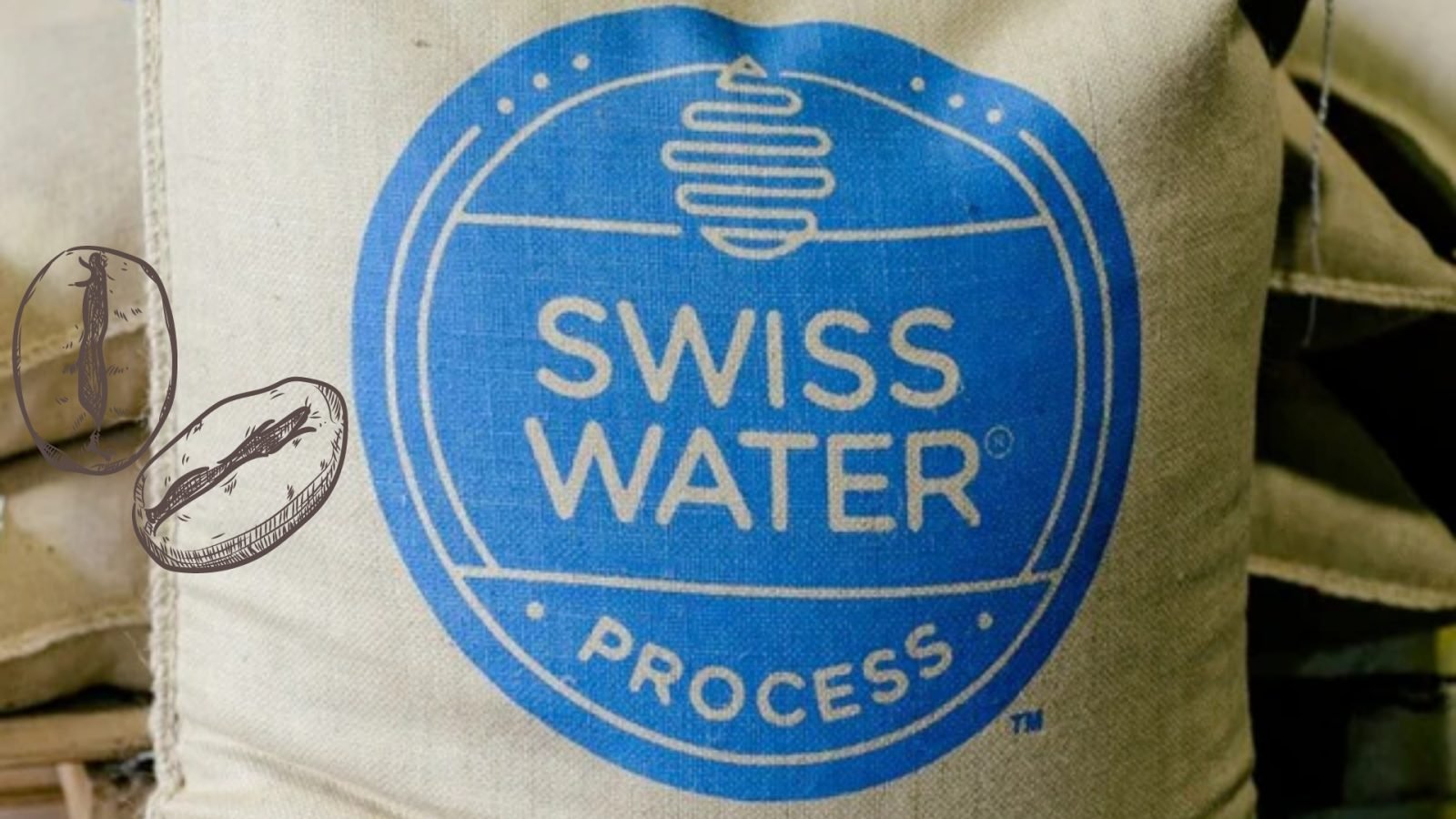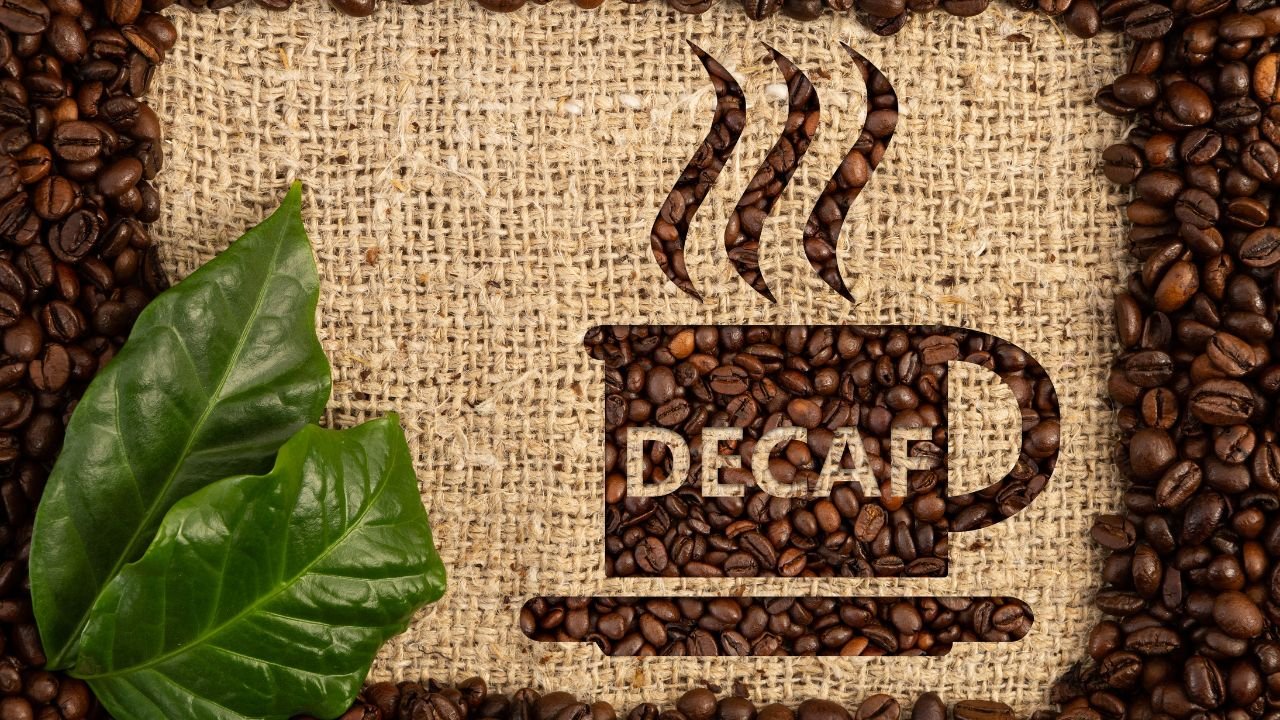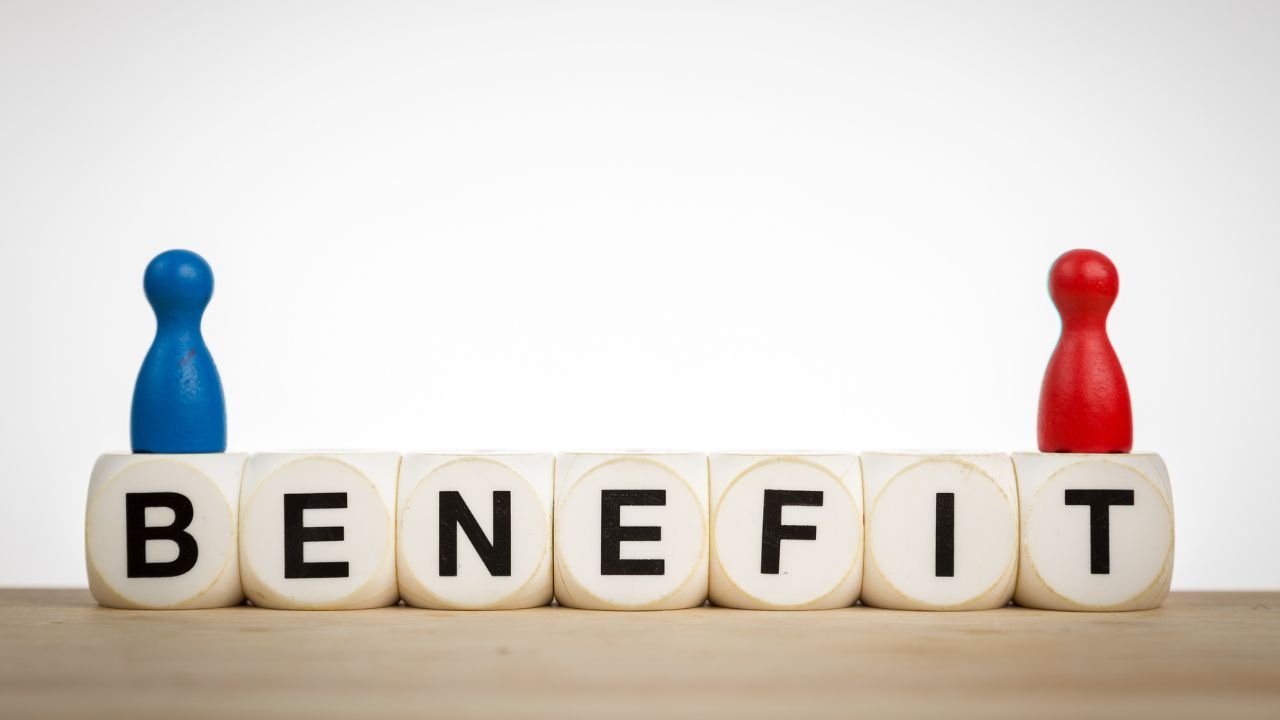Decaf and Patented: Secret of Swiss Water Process Decaf Coffee

When you hear “decaf coffee”, you probably think “caffeine-free”, but no! According to European regulations on coffee, decaffeinated coffee should contain no more than 0.3 percent in coffee extracts and 0.1 percent in green beans. Therefore, a cup of decaf may still contain 2 to 7 mg of caffeine, compared to 70 to 140 mg in a regular one.
Some people avoid decaf coffee because of its presumably “weird” flavor. However, a product like Swiss Water process decaf coffee proves that you can enjoy decaf without losing the goodness of regular coffee.
Table of Contents
What is Swiss Water Process Decaf Coffee?
Swiss Water is a decaffeinating process that combines Green Coffee Extract (GCE) and water without any chemicals. This method differs from the common decaffeinating method, which uses chemicals like methylene chloride and ethyl acetate.
History of Swiss Water Process Decaf Coffee
The Swiss Water method was born the world’s only non-chemical decaffeinating method in 1933 Switzerland. The goal was to create decaf coffee that did not leave a strange aftertaste in the mouth, a big no in Switzerland’s coffee culture. This method is so specific it is now patented.
One major risk of a chemical-free process is inconsistencies in each processed coffee batch. Therefore, decaf coffee companies that use this method, such as Swiss Water, ensure they provide certifications, such as the Certificate of Analysis, FSSC22000, and certificates from the CFIA and FDA.
Baca juga: Rainforest Alliance Certified Coffee, What Is It and Why Important?
The Swiss Water Decaf Process
Making Swiss Water decaf coffee involves long, multiple stages that mostly use water, GCE, and carbon filtration in the facility. The GCE combines water-soluble solids in green coffee (except caffeine) and filtered water.
How Swiss Water Process Decaf Works

Here are the main stages in the Swiss Water method:
1. Soaking the Beans
During the preparation, all the green beans are soaked in filtered water. It removes all the unwanted chaff and dust and increases moisture levels.
2. Adding the GCE
The soaked beans are introduced to the GCE and left for about eight to ten hours. The caffeine imbalance will slowly make the caffeine in the green beans move into GCE by diffusion.
3. Drying and Bagging
Once the caffeine is removed, the green beans are removed to be dried. They are then bagged and shipped to buyers and roasters worldwide.
What about the trapped caffeine in the GCE? Once the beans are removed, the GCE will pass the carbon filtration system. It will trap the caffeine, which will later be burned in the furnace.
Advantages over Other Decaffeination Methods
Decaf coffee is important for people with low caffeine tolerance. Consuming “decaf coffee” that still has more caffeine than they can tolerate can result in symptoms like palpitation, jitters, headache, restlessness, and insomnia. The Swiss Water process is perfect because it removes most caffeine, even more than the other decaffeination methods.
Swiss Water beans also lose most of their cellulose because of the long process compared to other decaf beans. When you roast Swiss Water coffee beans, you may notice that their oil rises more quickly. They also tend to crack faster but with a softer sound.
Impact on Flavor and Taste of Decaf Coffee
Do Swiss Water process decafs taste just like non-decaf coffee? The answer is: yes; it’s pretty close. The lack of chemicals greatly reduces the “weird flavor” that some people taste when drinking other decaf coffee caused by chemicals. The flavor is the closest you can get to regular coffee.
Also Read: Can We Drink Coffee During Pregnancy? Check Out These Facts!
Benefits of Swiss Water Process Decaf Coffee

What makes the Swiss Water method more beneficial than other similar methods? First, there is the obvious health benefit. Less caffeine means lower risks of caffeine sensitivity symptoms. You are also likely to drink more coffee and get health benefits from antioxidants, potassium, and magnesium, without the caffeine effects.
Decaf coffee is also a great “transition beverage” for people who want to cut back on coffee entirely. Instead of going cold turkey, you can switch to regular coffee with the Swiss Water one. You can still get the flavor and aroma without the caffeine kick.
The lack of chemicals makes the Swiss Water method more sustainable because the waste does not contain typical chemicals used in common decaffeination methods. The method produces more efficient carbon usage because it mainly involves water and green bean extract.
How Much Caffeine is in Decaf Swiss Water?
Let’s compare the amount of caffeine in Swiss Water coffee and regular decaf one. A standard cup of coffee (around 354 ml) contains around 70 to 180 mg of caffeine. If manufacturers follow caffeine regulations, a standard cup of their decaf coffee may contain around 2 to 7 mg of caffeine.
Since Swiss Water removes 99.9 percent of caffeine, the caffeine amount is close to zero. Finding delicious decaf coffee can be difficult due to the chemicals that affect the flavor. Swiss Water process decaf coffee is the perfect option for a delicious beverage without weird chemical notes and caffeine effects.











